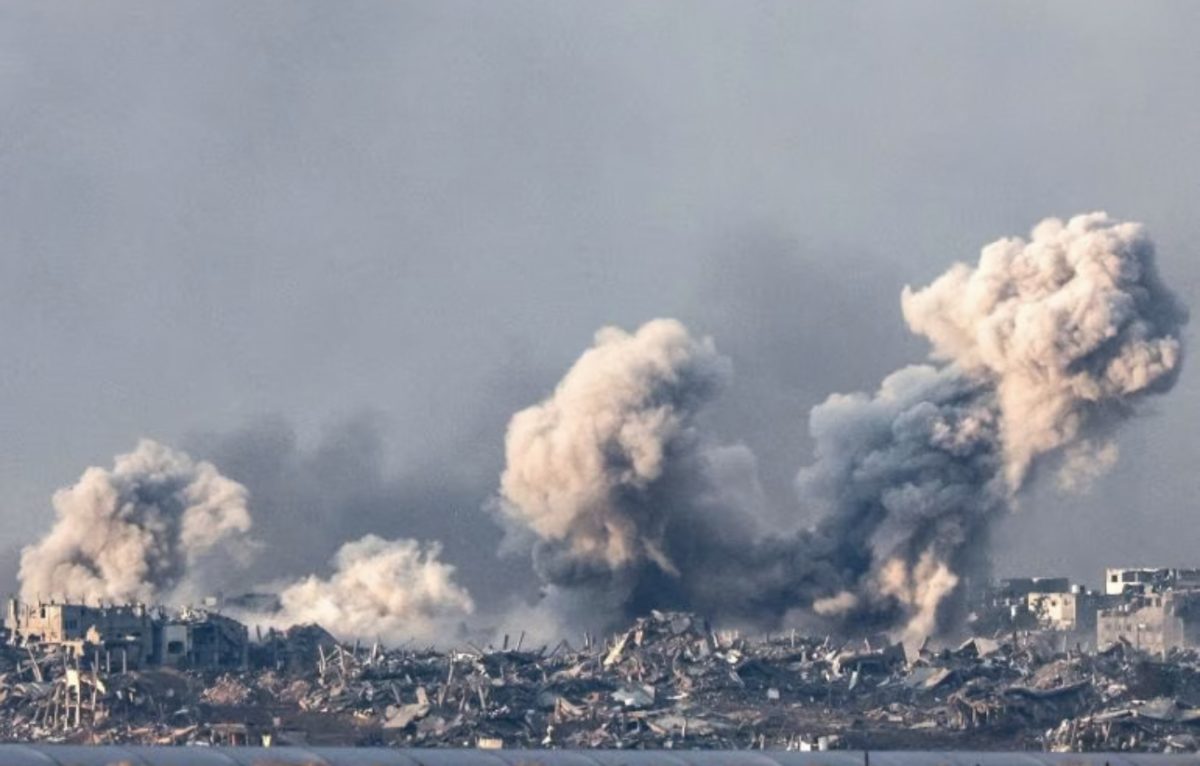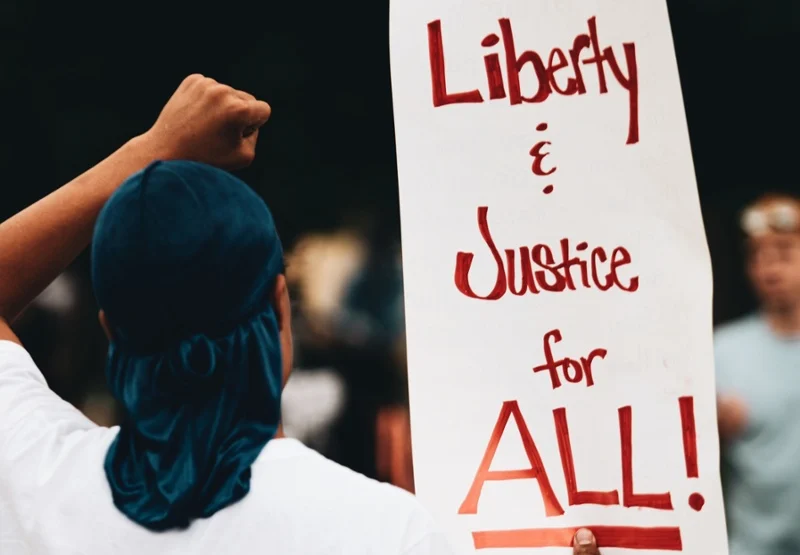The Israel-Palestine conflict has persisted for decades, marked by a deep-rooted history of territorial disputes, political tensions, and differing narratives. This ongoing conflict has resulted in significant human suffering and geopolitical complexities, prompting global attention and diverse perspectives on the matter.
The situation in the region has been characterized by cycles of violence, territorial disputes, and competing claims to land and resources. Palestinians seek self-determination and statehood, advocating for the right of return for refugees displaced during the establishment of Israel in 1948. Meanwhile, Israel asserts its right to exist as a secure state and ensures the safety of its citizens against threats and attacks.
Critics of Israel’s policies argue that the expansion of settlements in occupied territories and the enforcement of strict security measures in Palestinian territories have exacerbated tensions, hindering the prospects for a peaceful resolution. They highlight human rights violations, including the restriction of movement, demolition of Palestinian homes, and the disproportionate use of force in response to protests and conflicts.
Support for Palestine often emphasizes the humanitarian aspect, advocating for the recognition of Palestinian rights, an end to the blockade in Gaza, and a just resolution to the refugee crisis. This viewpoint underscores the importance of international law and UN resolutions in addressing the conflict and calls for a fair and equitable solution that ensures the rights and dignity of both Palestinians and Israelis.
However, it’s crucial to recognize that the conflict is multifaceted, with differing historical narratives and security concerns on both sides. Israel faces security challenges, including threats from militant groups, which shape its policies and actions within the region.
Efforts to resolve the conflict have seen various peace initiatives, negotiations, and international interventions, yet a lasting resolution remains elusive. The complexity of the situation demands a comprehensive approach that addresses political, humanitarian, and security concerns while acknowledging the legitimate aspirations and rights of both Israelis and Palestinians.
As discussions continue, it is essential to encourage dialogue, empathy, and a deeper understanding of the multifaceted nature of the conflict. Engaging with diverse perspectives and supporting initiatives aimed at peaceful coexistence and mutual respect can contribute to a more inclusive and constructive path forward for a just and lasting resolution in the region.








